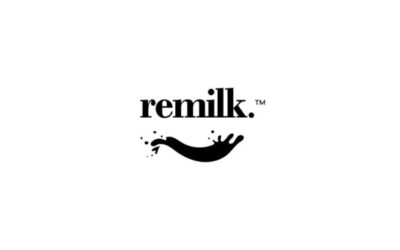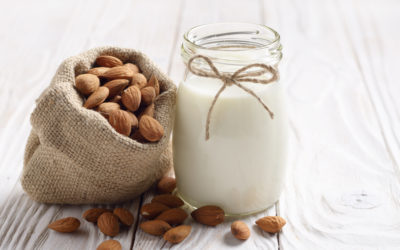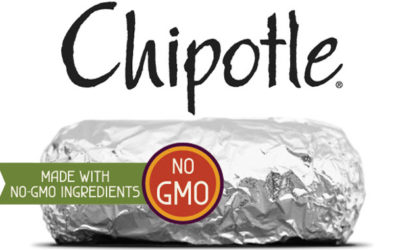After announcing it would build “the world’s largest full-scale precision fermentation facility” within The Symbiosis Project in Kalundborg, Denmark Remilk is putting the plan on ice. When the construction project was announced, Remilk had attracted US$120m in...
Posts from: Discerning consumers
FDA: Plant milk is milk
The Food and Drug Administration (FDA) has issued a proposal suggesting beverage producers responsible for making plant-based milk alternatives should be allowed to use the term “milk” to describe their products despite having no actual dairy content. The FDA...
A low key renovation
Last year, Kraft Heinz announced it would be removing artificial colouring from its macaroni and cheese products due to public pressure, including a petition signed by 365,000 people. However, no marketing campaign about the new wholesome product was launched, and...
“Better” makes you a target
Both Chipotle and Whole Foods are currently being sued - it seems for trying to do “the right thing” and delivering what their customers want. In Chipotle’s case, it’s the fast-casual food chain’s move to be GMO-free prompted a class action filed on behalf of...
Ingredients of concern: marketing fear?
A trend to naturalness and a certain amount of mistrust in the food industry has supported a burgeoning industry in designating some food components as “ingredients of concern.” In the US, the Environmental Working Group (EWG) introduced its Food Scores...




